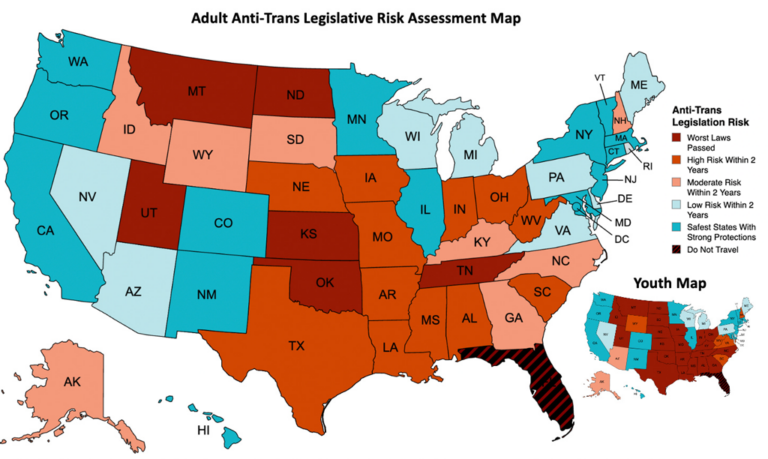Integrative Geospatial Institute Secures $15 million NSF Grant

The National Science Foundation has established the new Institute for Geospatial Understanding through an Integrative Discovery Environment (I-GUIDE, one of five centers to meet the goal of harnessing the data revolution. AAG is among the partners supporting the new effort.
Led by University of Illinois Urbana-Champaign with an NSF award of $15 million, I-GUIDE will “create an integrative geospatial discovery environment that harnesses geospatial data to understand interconnected interactions across diverse socioeconomic-environmental systems — with a goal of enhancing community resilience and environmental sustainability.” The institute will generate a new set of analytic tools that carefully address data interdependencies to help better estimate and predict risk and anticipate impacts from disasters or climate change.
“This is unprecedented level of support from the National Science Foundation, a victory lap for geographers,” said Shaowen Wang, head of the Department of Geography and Geographic Information Science at U of I and founding director of the CyberGIS Center for Advanced Digital and Spatial Studies (CyberGIS Center), which will lead the institute and with which AAG is also a partner. “The establishment of this institute is an important recognition of geographers as a leading force in the data revolution.”
“Geography and geographic data are critical to understanding and visualizing the many interacting causes and impacts of climate change,” said Gary Langham, Executive Director of the American Association of Geographers. “I-GUIDE provides a new, vital framework which supports research partnerships and accelerates data sharing and analyses.”
I-GUIDE, under Wang’s leadership, will receive the funding over five years to work with a broad range of partners and communities, creating a shared geospatial tool for better understanding the risks and impacts of climate change and disasters.
“The goal is to revolutionize theories, concepts, methods, and tools focused on data-intensive geospatial understanding for driving innovative cyberGIS and cyberinfrastructure capabilities to address the most pressing resilience and sustainability challenges of our world such as biodiversity, food security, and water security,” said Wang.
I-GUIDE will bring together about 40 researchers initially, along with a variety of partners, to transform data practice across many fields from computer, data, and information sciences to atmospheric sciences, ecology, economics, environmental science and engineering, human-environment and geographical sciences, hydrology and water sciences, industrial engineering, sociology, and statistics.
“I-GUIDE nurtures a diverse and inclusive geospatial discovery community across many disciplines by bridging disciplinary digital data divides with broader impacts amplified through a well-trained and diverse workforce and proactive engagement of minority and underrepresented groups,“ said Wang of the Institute’s approach and vision.
Because the challenging issues of sustainability and resilience call for interdisciplinary expertise, I-GUIDE is intended to play a central role in bridging disciplines, creating partnerships and frameworks for collaboration across domains. I-GUIDE will also work with community consortia such as Consortium of Universities for the Advancement of Hydrologic Science (CUAHSI), Open Geospatial Consortium (OGC), and the University Consortium for GIScience (UCGIS) to build consensus and establish priorities for developing a community-oriented and integrative I-GUIDE platform. The institute will also foster open collaboration among diverse communities, bridging the digital divide that hinders participation from underrepresented communities. I-GUIDE will also offer education and training programs, as well as access to cutting-edge geospatial data capabilities (e.g., CyberGIS, GeoEDF, and HydroShare).
I-GUIDE is organized across six interrelated focus areas: (A) Convergence Science Catalysts; (B) Geospatial Artificial Intelligence (AI) & Data Science; (C) Core CI Capabilities & Services; (D) Education & Workforce Development; (E) Engagement & Partnerships; and (F) Evaluation & Knowledge Transfer. I-GUIDE brings together leaders in scientific research, technical development, education, knowledge transfer, and engagement through focus area teams. This strategy ensures that research, education, broadening participation, and knowledge transfer activities are deeply integrated across the institute from individual teams to the leadership.
For more information, visit the I-GUIDE website.


